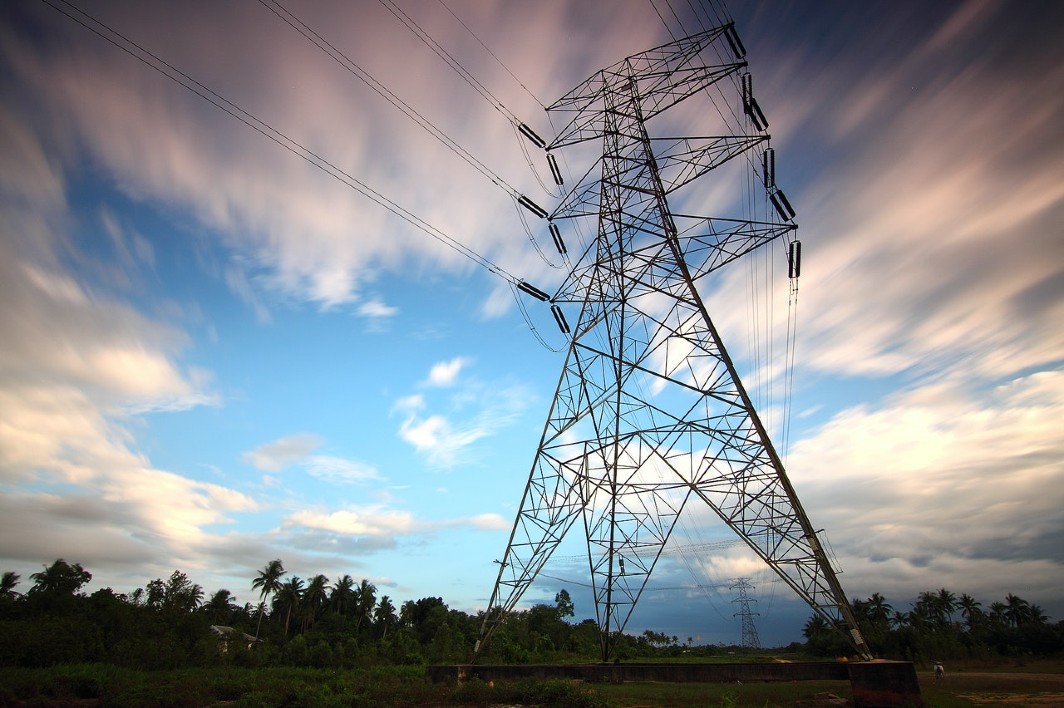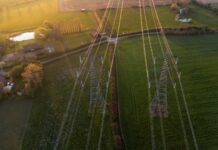Hub view: Let’s not ignore the opportunities of the energy security strategy
Many column inches have been filled with negative reactions to the government’s recently published energy security strategy. Much of the criticism may be valid, but there is a risk that when we focus on what could be better, we fail to see the positives or the opportunities available.
Here’s our “glass half full” take on the strategy…..
Accelerating the renewables transition
Russia’s invasion of Ukraine and Germany’s decision to hold off on approving the Nord Stream 2 pipeline have made us newly aware of our vulnerability to gas supply issues. But long before recent events raised vocal questions about the UK’s dependence on foreign gas, we knew we had to move away from fossil fuels to combat the even bigger threat of climate change.
To hit our target of net zero emissions by 2050, we need to decarbonise our energy supply, and the energy security strategy represents a welcome step towards that goal. The stated aim is now for 95% of our energy to be from low carbon sources (including nuclear) by 2030. The remaining, trickier 5% will then be decarbonised by 2035, “subject to security of supply”.
We already have over 10GW of offshore wind capacity, making us a world leader in this area. The plan is to deliver up to 50GW by 2030. Our solar capacity of 14GW could increase five-fold by 2030, potentially giving us 70GW of solar. To give those figures some context, at the time of writing this blog, the entire demand on the National Grid is less than 40GW. Having this much renewable capacity in the system will make it significantly easier for businesses to reduce their Scope 2 emissions even if they’re mainly relying on grid energy.
A more detailed plan for nuclear
The natural intermittency of renewables means we need to make up the energy shortfall when the sun isn’t shining and the wind isn’t blowing. The government’s Ten Point Plan, announced in November 2020, made it clear that it has chosen nuclear to fill this gap, and the new energy security strategy states an aim of 24GW nuclear capacity by 2050.
One of the biggest challenges with nuclear energy is the length of time it takes to get a project up and generating – no nuclear plant has ever come on stream in less than a decade. But the energy security strategy includes measures for speeding this up, including quicker investment, quicker decision-making and streamlining of the licensing process. We will be looking into nuclear energy and report back – it’s hard to find the truth in an area that is uber-politicised.
Help for intensive energy users
British industry has struggled with the fact that our electricity prices are higher than those of other countries, and the government brought in the Energy Intensive Industries Exemption Scheme to support this sector and stop businesses moving overseas. The energy security strategy extends the scheme and increases the budget.
Removing barriers
Renewable projects are naturally a lot quicker to get going than nuclear, but they too face unnecessary barriers that the strategy intends to remove. One shocking statistic quoted is that although a wind turbine could be up and generating in less than 24 hours, it might take ten years to secure all the permissions required to allow it to do so.
The government will be tackling this lag in various ways, including:
- reducing the consent time for an offshore wind farm from four years to just one;
- introducing a fast-track system for priority offshore wind projects where quality standards are already met;
- radically simplifying the planning consent process for rooftop solar.
Some businesses are already responding to this new openness to innovation. Energy supplier Octopus has just launched Plots for Kilowatts, a “dating agency” to match landowners with communities who want to benefit from local wind power. The plan is to identify ten possible sites and put them forward for government consideration, and the timescales are measured in months rather than years.
Smart UK businesses will be keeping an eye on the new developments arising from the decisions in the energy security strategy so that they don’t miss out on possible opportunities. The Energy Advice Hub will keep you informed of the news as it happens.
Ultimately though, it will be business and individuals that slow down the destruction of climate change – five year terms don’t work in for a global crisis that cannot be ended by vaccination. Let’s not look to government, roll up our sleeves and do what makes commercial and environmental sense.













